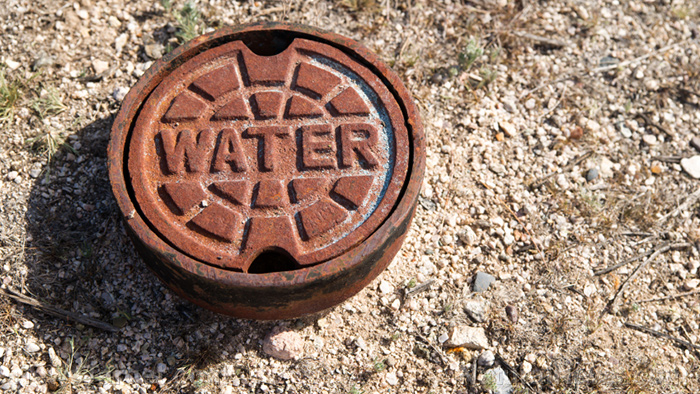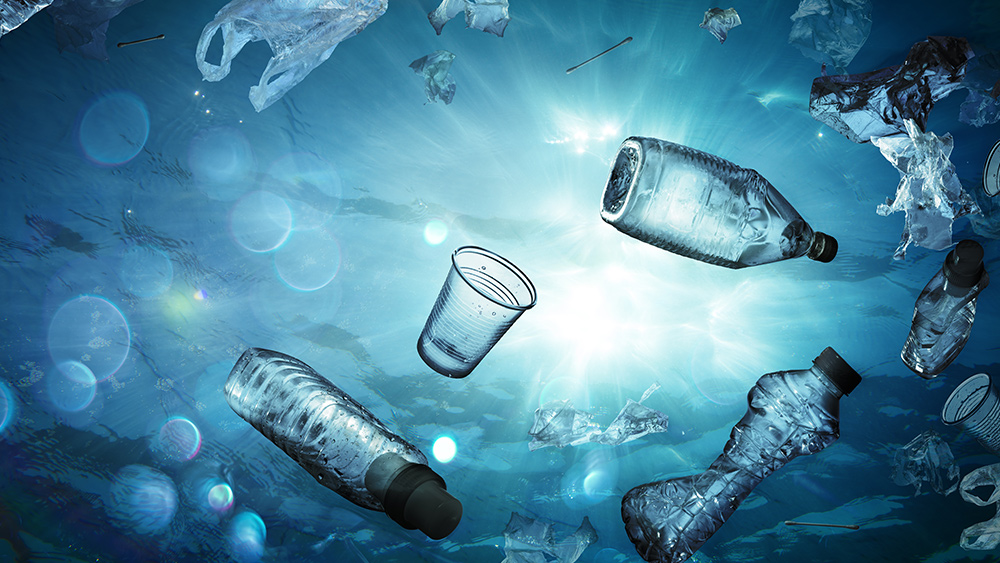
Advertisement
A shortage of food supply sure is scary, but nothing is more troubling and alarming than the prospect of losing precious life-sustaining water. Now a group of scientists have developed a device that can extract clean drinking water right from the air. And not only is it possible in a general sense, but that water can reportedly be extracted from even the most arid places on Earth, thanks to this device.
The study, published recently in the journal Nature Communications, featured a research team from the Massachusetts Institute of Technology (MIT) who worked on a new device based on an initial concept they proposed last year. The earlier study, published in Science, garnered a great deal of attention and criticism alike, according to Evelyn Wang, the Gail E. Kendall Professor in the Department of Mechanical Engineering and senior author of both studies.
“All of the questions that were raised from last time were explicitly demonstrated in this paper. We’ve validated those points,” said Wang.
It is well known that there is some moisture in the air, even in the driest of deserts and the research team has found a practical way to extract it effectively, which could be a significant survival tool in extremely dry locations. (Related: Groundbreaking solar device pulls water from DRY air.)
Current methods of water extraction from air require high levels of moisture – as high as 100 percent for fog-harvesting methods, and above 50 percent for dew-harvesting refrigeration-based systems. Meanwhile, the team took a cue from relatively new porous, sponge-like, high-surface-area materials called metal-organic frameworks (MOFs) to develop a water harvesting system that can extract potable water from places with relative humidity as low as 10 percent.

The test device ran solely by sunlight, and while the fog- and dew-harvesting systems require pumps and compressors that can eventually wear out, the researchers’ device has no moving parts and can be operated in a passive manner, in places with low humidity and lots of sunlight such as desert regions.
The researchers tested it in the very dry air of Tempe, Arizona, on a rooftop at Arizona State University. Results showed that the device “can actually harvest the water, even in subzero dewpoints.” The findings support the idea that the new system could potentially fill an unmet need for water in arid regions.
The current version can only operate over a single night-and-day cycle with sunlight, according to study lead Hyunho Kim, an MIT former graduate student, but “continuous operation is also possible by utilizing abundant low-grade heat sources such as biomass and waste heat.” Moreover, the test device was initially designed to produce only a few milliliters, to prove its effectiveness in real-world conditions.
Scaling up for real-world application
The research team aims to work on scaling up the system and boosting its efficiency. Their small proof-of-concept device can then produce an output “as high as three times that of the current version,” said Kim, which would be equivalent to more than a quarter-liter of water per day per kilogram of MOF.
“We hope to have a system that’s able to produce liters of water,” said Kim. The idea is to produce units that can supply sufficient amounts of water to individual households.
The team tested the water produced by the device and found no traces of impurities. Mass-spectrometer testing showed “there’s nothing from the MOF that leaches into the water,” stated Wang. “It shows the material is indeed very stable, and we can get high-quality water.”
Head over to CleanWater.news for more solutions to shortage of clean drinking water.
Sources include:
Submit a correction >>
This article may contain statements that reflect the opinion of the author
Advertisement
Advertisements















